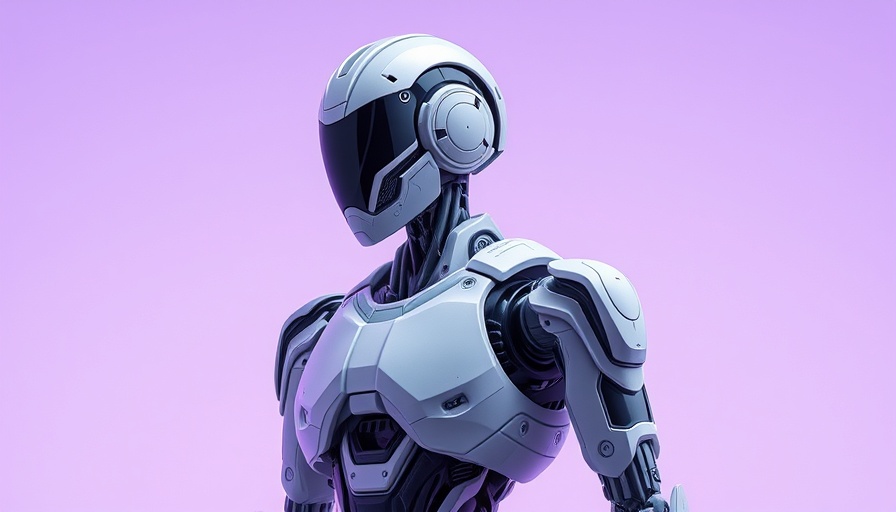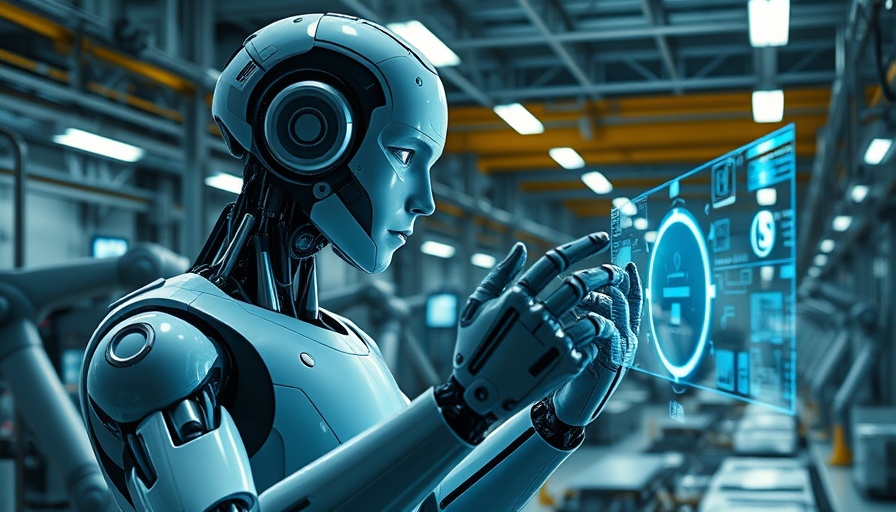
Revolutionizing AI Management with HARC for AI
Hitachi Digital Services has taken a significant step forward in artificial intelligence (AI) management with the introduction of Hitachi Application Reliability Centers (HARC) for AI. Announced recently, this innovative service aims to enhance the reliability, performance, and overall governance of AI and Generative AI applications in enterprises. HARC for AI represents the next logical step in Hitachi's evolution of cloud and enterprise operations, designed to address prevailing challenges as companies scale their AI implementations.
Addressing Key Challenges in Enterprise AI
As organizations increasingly rely on AI for decision-making, they encounter a variety of obstacles that can hinder performance and lead to unexpected costs. HARC for AI tackles these challenges head-on, focusing on areas such as:
- AI Resilience & Performance Management: The service ensures that AI applications remain stable and available by consistently monitoring reliability metrics and implementing necessary recovery strategies.
- Data Drift Detection: A critical feature, this capability tracks and corrects shifts in data patterns to maintain the accuracy of AI outputs over time.
- Cost Optimization: This function dynamically adjusts workloads, minimizing compute waste and significantly lowering cloud expenditure.
- AI Observability: HARC provides tools for continuous monitoring of AI behavior and performance, ensuring smooth operations.
- Security & Governance: The platform emphasizes protection against attacks and compliance with automated controls.
- Agent Lifecycle Management: HARC supports AI agents throughout their lifecycle, from launch to continuous refinement.
Implications for Enterprises: Making Operational Decisions Easier
With the launch of HARC for AI, enterprises can expect to see enhanced control over their AI applications, streamlining both operations and costs. The integration of these capabilities allows businesses to make informed decisions, significantly reducing risks associated with unpredictable AI behavior. This type of management is especially vital in the current fast-paced digital landscape where adaptability and foresight dictate success.
Looking Ahead: Future Predictions for AI Reliability
The development of HARC for AI foreshadows a broader trend in the technology sector: the drive towards greater accountability and reliability in AI operations. As companies continue to exploit the vast potential of AI, the need for robustness in applications will only intensify. Future iterations of platforms like HARC will likely evolve to incorporate next-generation technologies like quantum computing, leading to even more sophisticated and capable AI solutions.
Key Takeaways for Businesses
Investing in tools like HARC for AI provides organizations with unique advantages. By ensuring that AI applications are consistently monitored and optimized, companies can focus more on innovation rather than troubleshooting. As business environments grow increasingly competitive, adopting these advanced systems can become a pivotal differentiator.
In summary, Hitachi’s HARC for AI is not just a service but a transformative approach to managing AI within enterprises. By focusing on reliability, observability, and cost control, companies can position themselves to harness AI's full potential while minimizing associated risks. As we look toward the future of technology, understanding these advancements will be critical for those aiming to lead in innovation.
 Add Row
Add Row  Add
Add 




Write A Comment